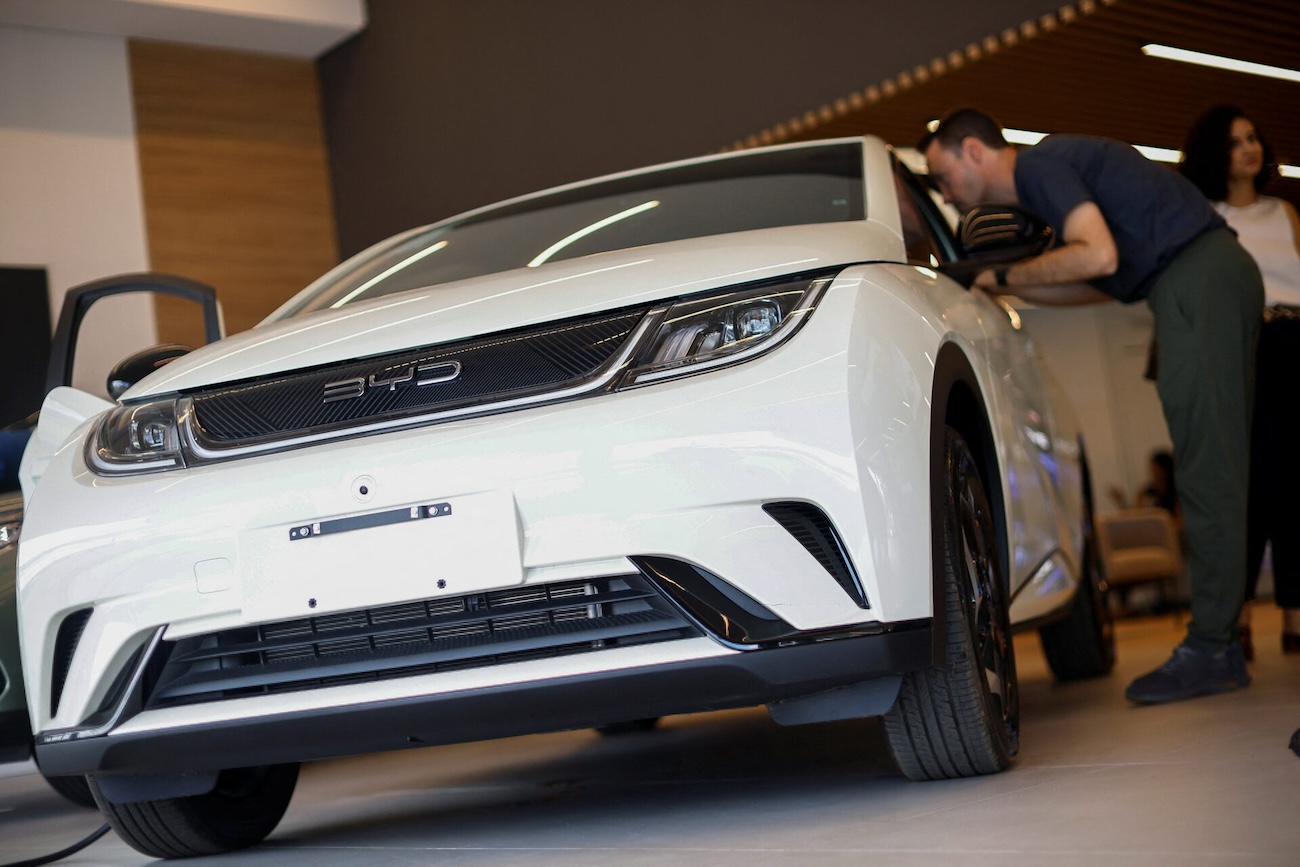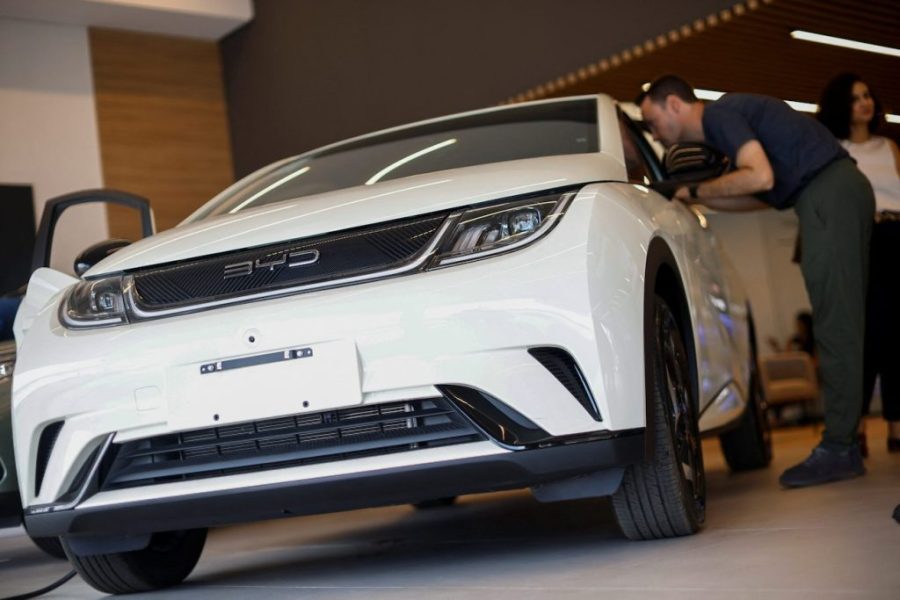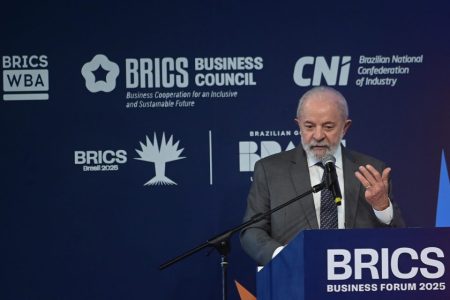Brazilian car imports in the first quarter saw a significant boost as a wave of Chinese-made electric vehicles came in ahead of rising import tariffs aimed at protecting local production.
Passenger car imports in the January to March period increased 46.4 percent compared to the same period in 2023, reaching a total of US$1.5 billion, according to data from the Ministry of Development, Industry, Trade and Services. Imports of Chinese-made vehicles surged 450 percent year-on-year, accounting for around 40 percent of total vehicle imports, and were driven by increases in “electric and hybrid engines,” according to a ministry official.
While tariffs on electric vehicle imports were cut down to zero in 2015, they are set to rise this year in phases as President Luiz Inácio Lula da Silva seeks to protect domestic manufacturers.
[See more: BYD launches an electric car entirely manufactured in Brazil]
According to the Brazilian Electric Vehicle Association, the first quarter of 2024 saw sales of electrified cars jump 145 percent year-on-year to 36,090. Much of that demand has been met by Chinese companies, with BYD topping the list, followed by GWM and Japanese auto giant Toyota.
The new tariffs will help shift some of that growth to the domestic auto industry. Tariffs on fully electric vehicles increased to 15 percent in January and will rise to 18 percent in July, reaching 35 percent by July 2026. Hybrid vehicles were liable to a 15 percent tariff at the start of 2024. That will jump to 25 percent in July before topping out at 35 percent by July 2026.
Leading Chinese manufacturers BYD and GWM are well-positioned to navigate the transition, having made significant investments in local electric and hybrid car production since last year. Just this month, BYD began construction on a facility that is set to be completed late this year or in early 2025.






